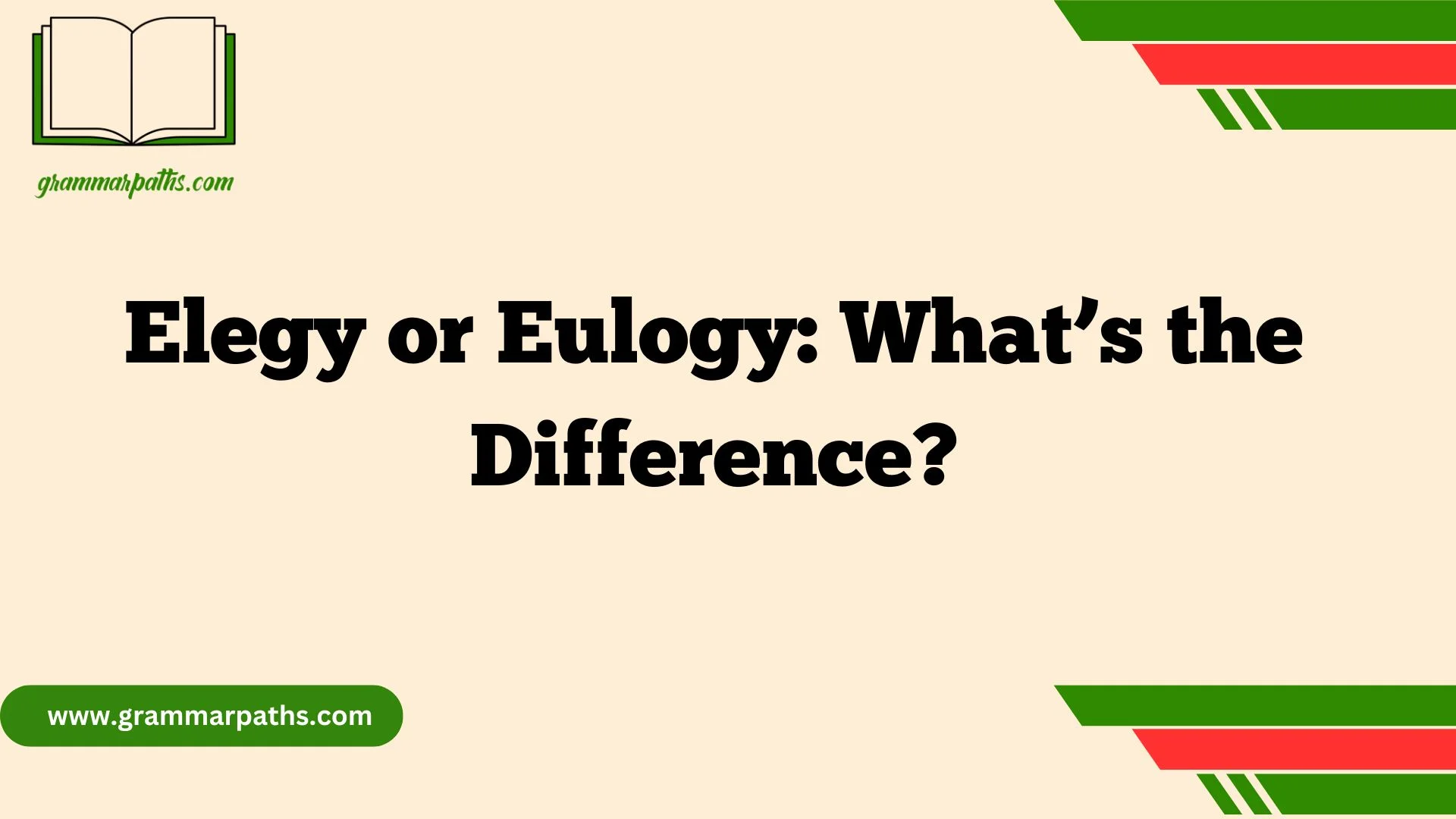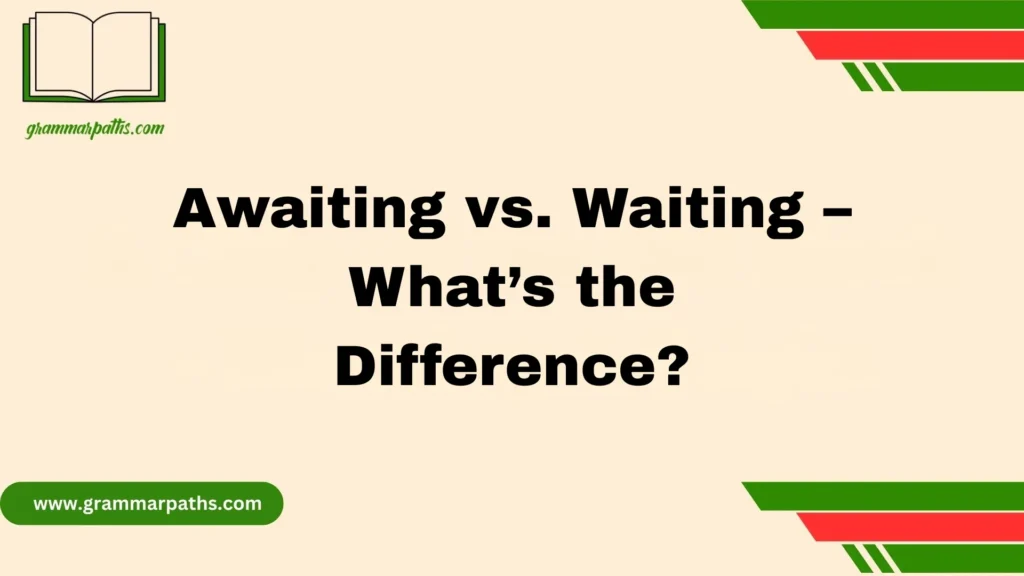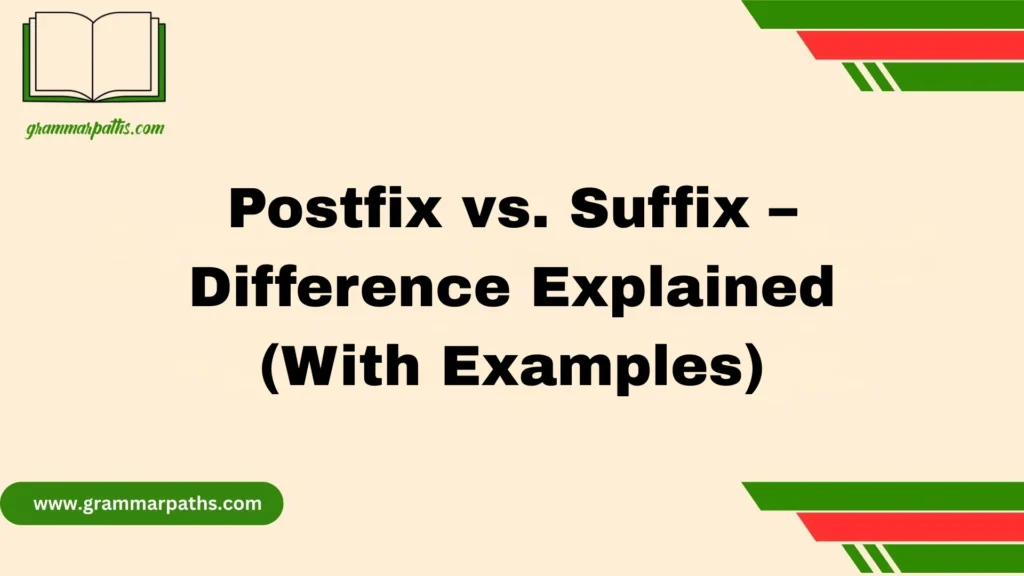When it comes to expressing grief, honoring the departed, or reflecting on loss, two words often come up: elegy or eulogy. While they may sound similar and are both associated with death and remembrance, they serve very different purposes. Knowing the difference between an elegy and a eulogy can help you use them correctly—whether you’re writing, speaking at a funeral, or simply trying to understand the rich language of mourning.
An elegy is a poetic reflection on loss, often written to express sorrow and contemplate the meaning of life and death. It’s typically a literary composition that laments the passing of someone or something significant. A eulogy, on the other hand, is a speech or tribute delivered in honor of someone who has died, celebrating their life, character, and accomplishments.
This distinction is important in both literary and real-life settings. Using these terms correctly not only shows respect for the occasion but also ensures emotional clarity when honoring the memory of a loved one. In this post, we’ll explore the differences between elegy and eulogy, their definitions, examples, and how to choose the right one for different occasions.
What Is an Elegy?
An elegy is a poem written to mourn someone’s death or reflect on loss. You might also see elegies used to grieve a place, era, or idea. They tend to be lyrical, expressive, and rich in imagery.
Key Characteristics
- Literary form: poetry, often with meter or rhyme
- Reflective tone: sorrowful, meditative, even philosophical
- Themes: grief, memory, mortality—sometimes nature or time
- Personal or universal: traces of the poet’s own sorrow meet broader emotions
Historical Roots
- Ancient Greece: elegies used for funerals or mourning rituals
- Roman culture: Distinctions arose—elegy for love or lament
- English tradition: Elegy as formal tribute; Thomas Gray’s “Elegy Written in a Country Churchyard” in 1751 stands out
Famous Elegies
- “Elegy Written in a Country Churchyard” – Thomas Gray; profound meditation on life, death, and legacy
- “O Captain! My Captain!” – Walt Whitman; mourns Abraham Lincoln while celebrating him
Why Elegies Matter
- Offer catharsis: they help readers or writers process grief
- Preserve memory: personal experiences become shared heritage
- Endure through style: literary forms immortalize loss
What Is a Eulogy?
A eulogy is a speech delivered at a funeral or memorial service, honoring someone who has passed away. Unlike elegies, which are written, eulogies are meant to be heard.
Screenshot of a Eulogy
While every culture and family has its traditions, here’s a typical eulogy structure:
Opening anecdote → Life overview + achievements → Personal traits & stories → Closing reflections or call to remember
Purpose & Function
- Honor a life: showcase personality, values, and accomplishments
- Comfort the bereaved: using familiar stories to connect and console
- Provide closure: a sense of ceremony and emotional resolution
Who Delivers a Eulogy
Typically given by:
- A family member or best friend
- A religious figure (e.g., priest, imam)
- A coworker or mentor, sometimes a public figure
Tone & Style
- Warm & personal, often lighthearted
- Respectful, highlighting character
- Sometimes humorous, when appropriate and comforting
Real-World Examples
- Dr. Martin Luther King Jr.: numerous eulogies honored his leadership and sacrifice
- Steve Jobs: in the 2021 Apple memorial, colleagues and family offered stories about innovation and resilience
Key Differences: Elegy vs. Eulogy
They might appear similar at your grandmother’s funeral—sad words honoring loss—but elegies and eulogies serve distinct roles.
| Feature | Elegy (Poem) | Eulogy (Speech) |
| Form | Poetic text | Spoken address |
| Delivery | Written; not always performed aloud | Delivered during service |
| Focus | Grief, reflection, mortality | Person’s life, achievements, traits |
| Tone | Solemn, contemplative | Uplifting, personal, sometimes playful |
| Function | Literary mourning, emotional release | Tribute, comfort, closure |
| Audience | Readers, literary community | Family, friends, mourners |
Can a Eulogy Be Poetic?
Yes—it can. The line between elegy and eulogy often blurs when someone reads a poetic passage during a speech or crafts a eulogy full of metaphor, rhythm, and cadence.
Why This Matters
- Adds depth: poetic touches elevate emotional impact
- Eases grief: rhythm and lyricism can soothe
- Personalizes tribute: expressive elements make the eulogy more memorable
Example
A child might say, “Like petals in a sudden storm, you carried us with strong roots.” That poetic image lifts the person listening, creating emotional resonance beyond plain facts.
Why People Mix Them Up
- Similar spelling/pronunciation: “elegy” and “eulogy” both start with “eu” and end with “y”
- Both deal with loss: funerals, grief, memorials
- Cultural confusion: some cultures don’t differentiate
- Media misuse: films or TV sometimes uses “elegy” meaning a eulogy
Tip
If it’s a poem reflecting on death—elegy. If it’s a speech honoring someone’s life—eulogy.
When to Opt for Elegy vs. Eulogy
Choose based on context and audience:
Use an Elegy When:
- You want to process grief through writing
- You’re a poet, or want a poetic reading at a ceremony
- You hope the words endure in written form
Use a Eulogy When:
- It’s a funeral or memorial service
- You know personal stories and want to share them
- The goal is to comfort, inspire, or reflect collectively
Writing an Elegy: Tips & Techniques
- Choose a form: free verse or structured
- Tap into grief: write honestly, from your heart
- Use literary devices: metaphor, allusion, imagery
- Include nature: seasons, landscapes, time—powerful symbols
- Revise with intention: refine emotion and rhythm
Example Prompt
“Write about how her absence feels—empty seat, silent clock. Compare that to a fading sunset or last flower in a vase.”
Crafting a Eulogy: Structure & Guidance
- Open with a memory: immediate connection
- Highlight values & achievements: career, hobbies, love
- Incorporate humor (if fitting): inside jokes or fond quirks
- Close with reflection: lesson learned, legacy, gratitude
Checklist
- 5–10 minutes long (around 700–900 words)
- Include 2–3 stories or examples
- Adjust tone to audience (religious? humorous?)
- End with something hopeful
Cultural Variations
- Western: typically public eulogies, written elegies
- Eastern: ritual poems or chants during service
- Religious customs:
- Christian: clergy + family speakers
- Islamic: no eulogies in service—lamb has simple prayer
- Buddhist: chants, verses, silence
- Christian: clergy + family speakers
- Regional rituals:
- Mexico’s Día de los Muertos: songs, poems, offerings
- Japan: Buddhist sutras and eulogistic orations
- Mexico’s Día de los Muertos: songs, poems, offerings
FAQs:
What is the most famous elegy?
One of the most famous elegies is “Elegy Written in a Country Churchyard” by Thomas Gray. This 18th-century poem mourns the lives of common people buried in a rural graveyard and reflects deeply on death and legacy.
What are the two types of elegy?
The two main types of elegy are the classical elegy, which follows a formal structure and often explores themes of love or death, and the modern elegy, which is more personal, reflective, and often free-form in style while still expressing grief or loss.
What makes a poem an elegy?
A poem becomes an elegy when it expresses sorrow or mourning, typically for someone who has died. It often includes reflection, emotional expression, and themes of loss, legacy, or the passage of time.
What are the two types of eulogy?
The two types of eulogy are the funeral eulogy, delivered during memorial services to honor the deceased, and the living eulogy, given to someone still alive to recognize their impact, usually during major life milestones or celebrations.
What does “elegies eulogize me” mean?
The phrase “elegies eulogize me” means that poems of mourning are praising or remembering the speaker, usually implying that the speaker is dead or imagining how they’ll be remembered after death. It blends the act of mourning (elegy) with tribute (eulogy).
Conclusion:
Understanding the difference between an elegy and a eulogy is essential when dealing with moments of grief, remembrance, or literary reflection. While both are connected to honoring the deceased, they serve unique roles. An elegy is a poem or written piece that mourns and reflects on loss, often filled with emotion and philosophical depth. In contrast, a eulogy is a spoken tribute delivered at a funeral or memorial, focusing on celebrating a person’s life, achievements, and legacy.
Using the correct term not only enhances communication and clarity but also shows sensitivity to the occasion. Whether you’re writing a heartfelt poem or delivering a moving speech, knowing whether to use an elegy or a eulogy helps ensure your message is both respectful and appropriate.

Grace Marie is the dedicated writer behind GrammarPaths.com, where she shares her passion for English grammar, idioms, and writing mastery. With a strong background in language studies and years of experience helping learners improve their communication skills, Grace creates clear, practical, and engaging content that makes English easy to understand.










